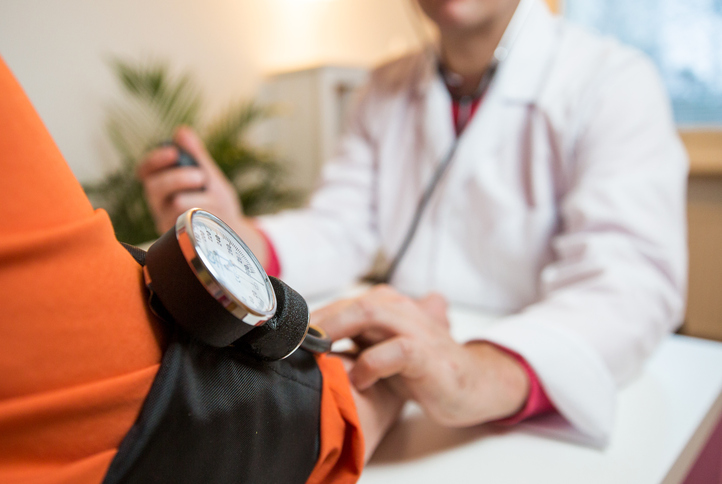How Telemedicine Works for Weight Loss Surgery Patients
Telemedicine has become much more prevalent in healthcare practices of all kinds, including bariatric medicine. Being able to handle consultations, dietitian sessions, and other support meetings virtually is beneficial to both doctors and patients alike.
But how does telemedicine work for weight loss surgery patients specifically? While the surgery itself cannot be performed remotely (obviously), many of the preoperative steps can be handled via the phone or video calls.
Telemedicine and Qualifying for Bariatric Surgery
Bariatric surgery takes preparation, both in terms of making sure you qualify for surgery and helping you make the most of it once it’s complete. In addition, insurance companies typically require you to complete certain steps before they’ll cover your surgery. Many of these preparatory steps can be handled virtually, allowing you to get a start on your weight loss journey without having to set foot in a doctor’s office.
Initial consultation
Your weight loss journey begins with a consultation with a bariatric surgeon. During the consultation, your doctor will evaluate your current health, medical history, and BMI (body mass index) to determine whether weight loss surgery is right for you. She’ll also let you know what to expect going forward.
Educational class
Part of the preparation you’ll go through for your surgery is an educational program. This program is designed to familiarize you with what the surgery entails, how to prepare for it, and how to maximize its benefits.
Supervised dietary program
Weight loss surgery is intended to support the lifestyle changes needed to reach your goal weight. As such, you’ll need to complete a medically supervised diet program—which usually lasts between three to six months—prior to your operation. Virtual sessions with a dietitian will help support you throughout the entire process.
Psychological evaluation
Another requirement for bariatric surgery is to go through a psychological evaluation. The purpose of this evaluation is to make sure you’re mentally and emotionally prepared for your surgery and the life changes that come along with it. Some patients choose to continue with counseling after surgery for ongoing support.
Pre Op Testing that Must Be Done in Person
Of course, not every facet of weight loss surgery can be done remotely. Aside from the surgery itself, some pre op tests must be done in person. Some of the tests most commonly done include:
- Blood tests, including a Complete Blood Count (CBC)
- Urinalysis
- Chest X-ray
Additional tests, such as pulmonary function tests and GI evaluation, may also be performed as needed. Naturally, these must all be completed in person prior to your surgery.
Remote Support Before and After Surgery
If you have already undergone bariatric surgery and are working on losing weight, many of the support resources your surgeon offers can be handled virtually as well. Meetings with support groups and dietitians, counseling with a psychologist, and follow-up visits with your surgeon can all be done remotely.
At Malladi Bariatrics and Advanced Surgery, we offer telemedicine to those who are preparing for weight loss surgery. Once you’ve been approved for surgery and have completed each step of the process, you’ll be ready to meet in person for both the final testing and the operation itself. To schedule a remote consultation, contact Dr. Malladi today.





